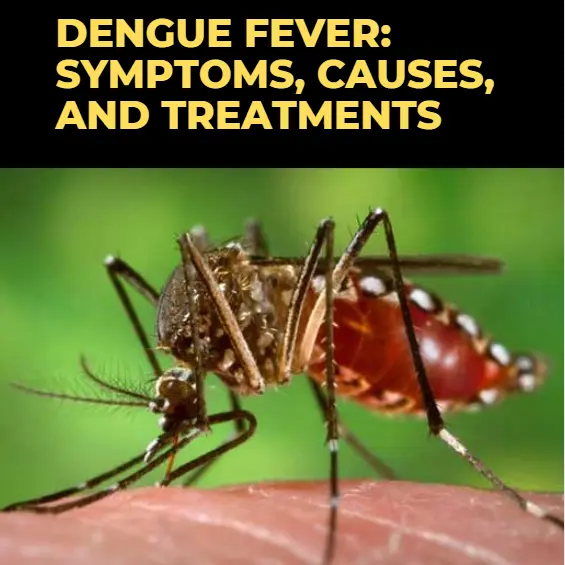
One of the most severe illnesses that a person can suffer is Dengue Fever. The core cause of Dengue is mosquitos; thus, it is widespread in tropical and exotic areas such as south-east Asia, Latin America, Africa, and other regions with islands. America has the least amount of dengue patients. While a mosquito can carry this disease and transfer it via a bite. Human-to-human transmission is not possible, so it is not as contagious as more air-borne diseases like Measles or flu.
After the bite, people can experience the first mild symptoms of fever, rash, or swollen lymph glands for nearly four to ten days. Children and pregnant women are likely to develop it reasonably quickly, while adults and pregnant women are among the groups that experience the severity in symptoms. While humans can transfer the disease, pregnant women with Dengue can transfer it to their babies.
The surprising aspect of Dengue is that there is no need for any marshes or unclean water for Dengue to multiply. All they need is clean but standing water for their fast production. Therefore it is imperative to ensure that there isn’t any still or collected water in residential areas, especially during Dengue outbreaks.
Symptoms of Dengue Fever
Dengue is mainly known for its highly harmful fever. It is also known as hemorrhage fever. Many symptoms of Dengue immediately set it apart from other diseases, such as:
- Rashes
- Fever
- Pain behind or in the eyes
- Vomiting and Severe nausea
- Pain in joints and bones
- Swollen glands
- Headaches
These symptoms occur in their most exaggerated form, so it is easy to distinguish them from routine illnesses. There is no typical treatment for these symptoms. Doctors and health care providers treat them individually. You can take any over-the-counter painkillers for your fever and aches but make sure that they aren’t ibuprofen or aspirin as they thin the blood further and cause bleeding.
There are further complications within Dengue that are more concerning. Severe Dengue is a further harsher form of Dengue that occurs in individuals after the initial symptoms of dengue pass. These symptoms can occur within twenty-four to forty-eight hours of the initial symptoms. These symptoms are:
- Extreme fatigue
- Vomiting
- Blood in vomit or stool
- Blood in the mouth from gums or teeth
- Belly pain
- Heavy breathing
- Bleeding from nose
- Bruises under skin
Treatment : What to do
These are signs of severe Dengue Fever, and any individual who notices these should immediately head to the hospital because severe Dengue can cause internal bleeding and death. Thus, doctors advise you to contact your primary health care provider immediately.
One out of every four people get sick with Dengue, and about 1 out of every 20 get sick with severe Dengue. People who have experienced Dengue in the past or pregnant women are more likely to develop severe Dengue because of a weaker immune system.
To avoid Dengue, it is advisable to live in an area with no still or standing water and cover the windows to avoid mosquitos. You can also use mosquito repellants.
We hope this article has helped you. Stay safe and good luck.



